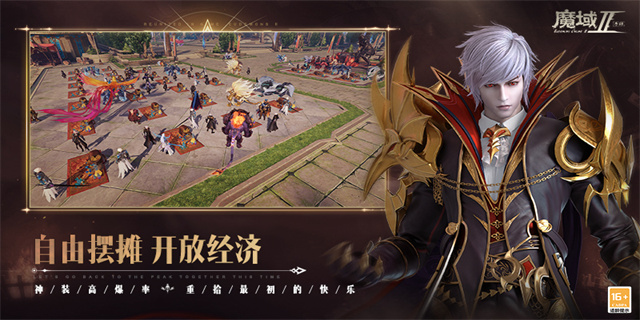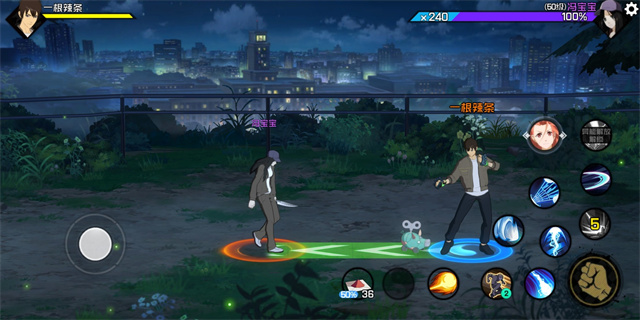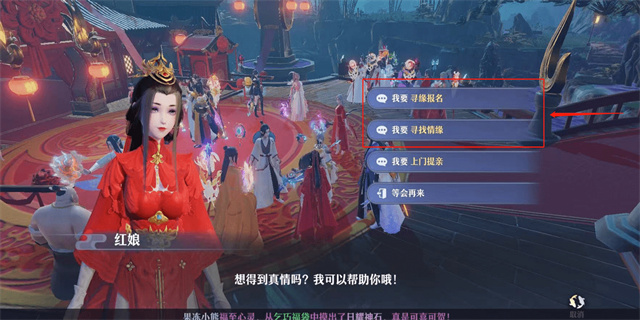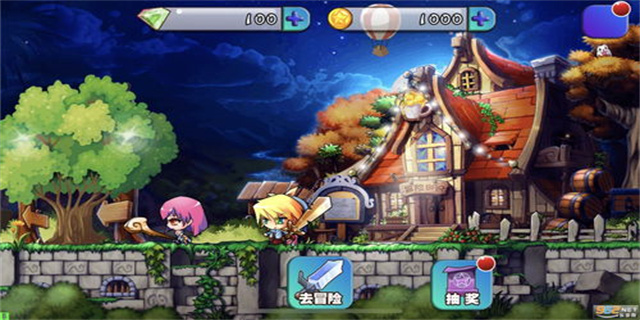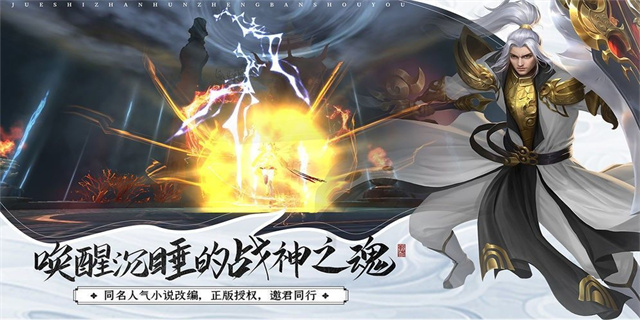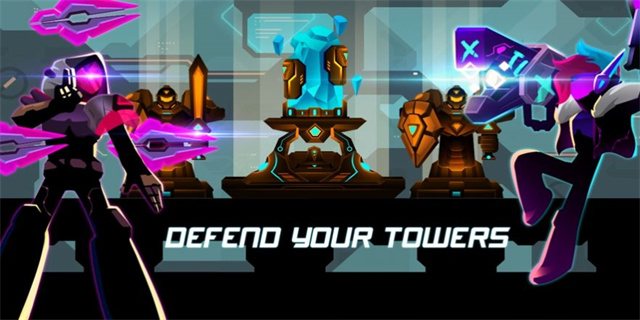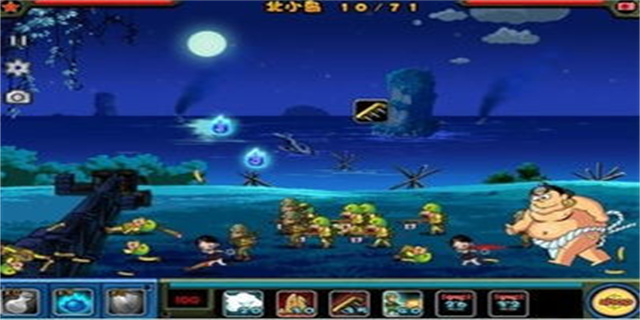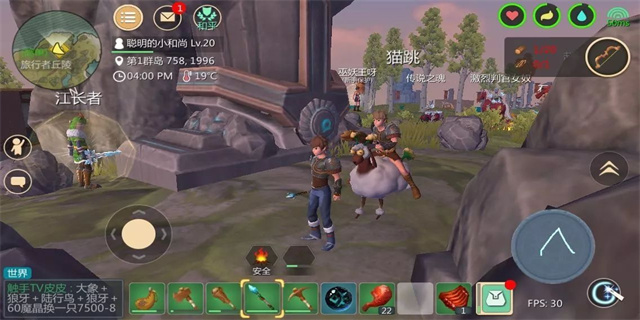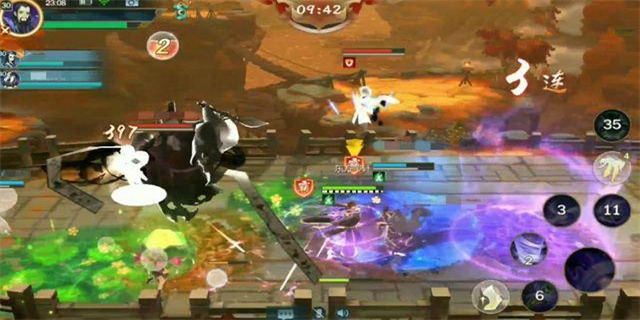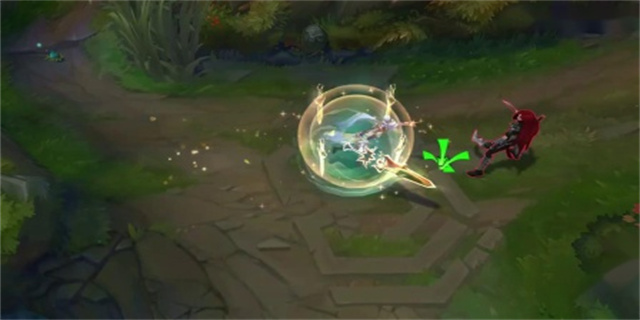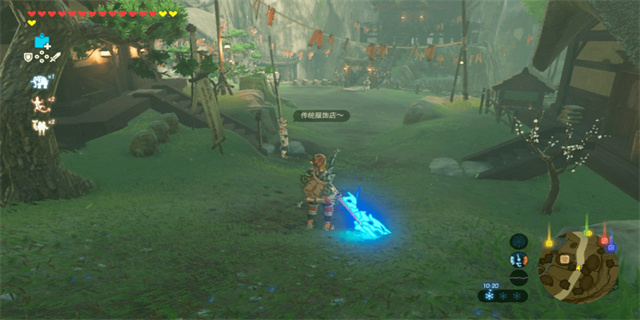Exploring the Wonders of Curiosity
Curiosity is defined as a strong desire to know or learn something. It is an innate desire that drives humans to seek answers to questions, to discover new things and to explore the world around them. The pursuit of curiosity has led to some of the greatest discoveries and inventions in history, from the discovery of fire to the invention of the internet. This article aims to explore the wonders of curiosity, and the ways in which it shapes and enhances our lives.
The Essence of Curiosity
Curiosity is inherent in human nature, and it is the driving force behind innovation and progress. When we are curious about something, we seek knowledge and understanding, and this fuels our desire to explore and discover. In many ways, curiosity is what makes us human, and it is what has allowed us to evolve and adapt over time.

Curiosity is not just about finding answers to questions; it is also about asking questions that have not been asked before. It is about challenging existing beliefs and ideas, and pushing the boundaries of knowledge. The pursuit of curiosity requires a certain kind of courage - the courage to ask questions, to challenge assumptions, and to take risks.
The Power of Curiosity
Curiosity has the power to transform our lives in many ways. It can help us to develop new skills, to foster creativity, and to cultivate a sense of wonder and awe. Curiosity can also lead to personal growth and development, as we learn more about ourselves and the world around us.
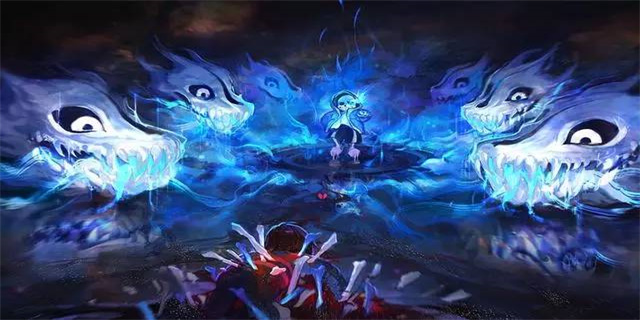
One of the most powerful aspects of curiosity is its ability to spark innovation and invention. Many of the greatest inventions in history have come from the simple desire to understand something better. Thomas Edison, for example, was driven by curiosity to explore the possibilities of electricity, which led to the invention of the lightbulb and other groundbreaking technologies.
Cultivating Curiosity
Curiosity is a mindset that can be cultivated and nurtured. There are a number of ways to cultivate curiosity, including reading widely, asking questions, and seeking out new experiences. It is important to develop a sense of openness and a willingness to explore new ideas and perspectives.
One of the best ways to cultivate curiosity is to embrace the unknown. Instead of fearing the unknown, embrace it as an opportunity to learn and grow. Seek out new experiences and challenges, and approach them with a sense of openness and a willingness to learn.
Another way to cultivate curiosity is to seek out different perspectives. Engage in conversations with people who have different backgrounds, experiences, and worldviews. This can help to broaden your perspective and foster a sense of empathy and understanding.
In conclusion, curiosity is essential to human progress and development. It inspires us to explore, to learn, and to create. By cultivating curiosity and embracing the unknown, we can open up new possibilities and opportunities for growth and innovation.

